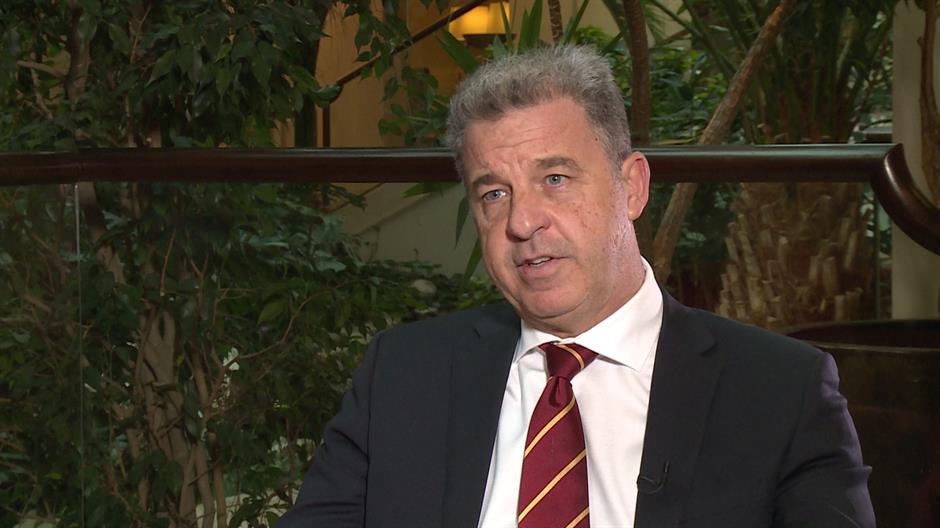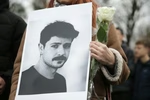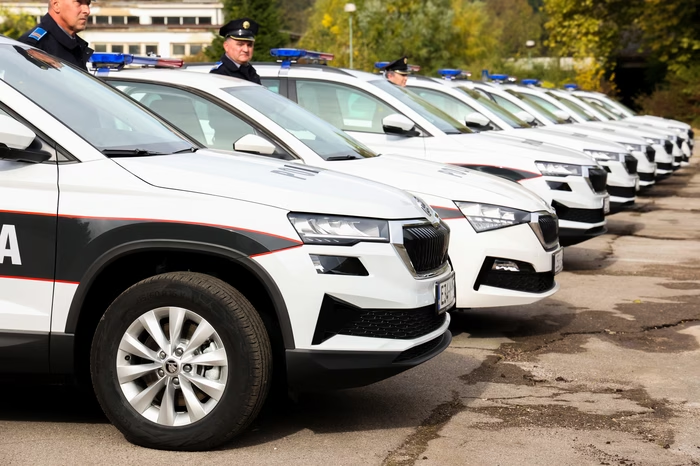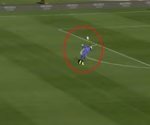UN Prosecutor says problems exist in regional cooperation

There are a number of problematic issues in regional cooperation in prosecuting war crimes, tribunal Chief Prosecutor Serge Brammertz told N1 during a regular visit to Belgrade on Tuesday.
Oglas
"We have seen a decrease in quantity and quality and there are a number of obstacles which make regional cooperation difficult," he said and cited the example of Croatian and Serbian nationals who fled Bosnia to avoid prosecution knowing that their countries would not extradite them.
Cooperation needs to be improved "because behind those cases which are not progressing are many survivors and victims who want to see justice done," the chief prosecutor of the International Residual Mechanism for Criminal Tribunals said.
Asked about the glorifying of convicted war criminals and denial of attrocities, Brammertz said that this is an insult to victims.
Oglas
"It is obviously insulting to victims to see how a number of individuals are treated. I personally find it difficult to understand because those persons who are treated as heroes are exactly the opposite of a hero," he said, recalling that those individuals have been convicted for war crimes by international and national courts.
"There is nothing heroic about what those people have done, they are just war criminals and have been convicted for those reasons," he said and expressed disappointment about the fact that political leaderships are also looking up to those individuals. "This is truly disappointing and counterproductive for reconciliation," he added.
Brammertz said the problem is very similar in the entire region.
Oglas
"We have seen it in Croatia and when I was last here six months ago we saw it with the incident with General Lazarevic (who was convicted of war crimes in Kosovo by the ICTY) who gave a lecture at the Military Academy. We have seen it more recently with the treatment of convicted war criminals in Croatia and we see the same thing in Bosnia as well," he added.
Kakvo je tvoje mišljenje o ovome?
Učestvuj u diskusiji ili pročitaj komentare
Oglas
Kakvo je tvoje mišljenje o ovome?
Učestvuj u diskusiji ili pročitaj komentare
Oglas





 Srbija
Srbija
 Hrvatska
Hrvatska
 Slovenija
Slovenija



























































